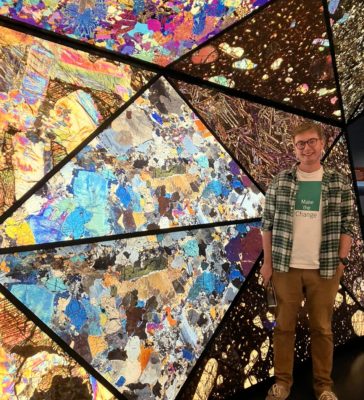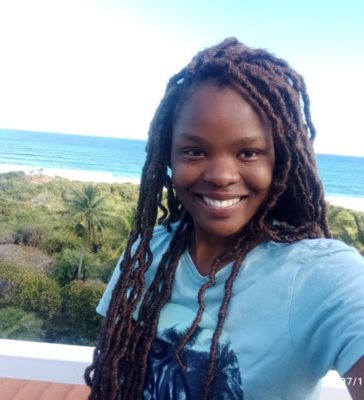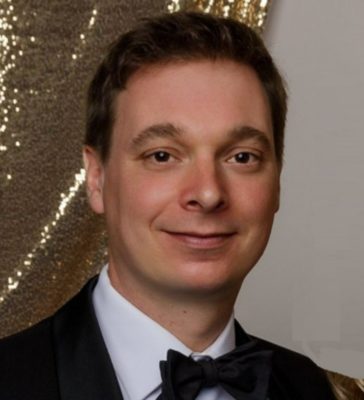
Edward Newitt
Current Employer/Organisation Name
Digirock
What have you been doing since leaving Exeter, and what are you doing now?
Since leaving Exeter I have pursued a career as an exploration geologist in Western Australia with a primary focus on Ni-Cu-PGE deposits within the newly prospective SW terrane of the Yilgarn craton. This work has involved working on resource definition/ exploration of Chalice Mining’s existing Gonneville Ni-Cu-PGE deposit alongside more greenfields target delineation and drill testing across both the greater Julimar complex and further afield within the SW Yilgarn.
Why did you choose this career? And what do you enjoy most about your work?
Exploration geology combines my passion for the outdoors and being in nature with my love for science and geology. It gives a good mix of experiences where one week you will be hiking, mapping exposure and taking soil samples and the next you will be in the office reviewing prior work and interpreting the data you collected. It can allow you to see a project from an idea to a resource and be involved in every step along the way and means you can play a part in providing essential materials to society to help it progress and grow in the face of existential challenges.
What did you enjoy most about your programme and what was the biggest highlight?
The most enjoyable thing about studying geology is the variety and tactility of it. You will get a mixture of lab, lectures and practical work all in one week. This is made even better by being in Cornwall where some of the UK’s most fascinating geology is all in your back garden. You can learn about igneous petrology in lab one day and see it in the field the next. This really helps you apply your learning and stick it in your mind. The stand out highlight of the course to me was either the fieldtrip to Anglesey/N Wales or the underground mapping activity. They were both unique and exciting practicals that allowed you to consolidate years of learning. Both involved mapping previously worked but very different ore deposits in Parys Mountain and Wheal Roots which in turn allow you to try different skillsets and to start to get a feel for which may interest you more.
What did you enjoy most about studying here?
The best part about studying at CSM is the community. The smaller class sizes and nature of the programme means that you become close with everyone else on your course and with the lecturing staff. This creates a support network that helps you succeed and that you can rely on. This network continues after university with the CSMA being active all over the world with common networking and social events to help you improve your skills and meet like minded people with similar interests.
What skills and experiences have been most useful for your career?
The most useful skills picked up from the course to me were the ability to field map, understand core/ sampling regimes and an understanding of mineralogy/alteration assemblages. I use the basics that were laid down in modules like igneous petrology and ore deposit geology daily and the fact that they were so well drilled has been a life-saver.
What advice would you give to a current student who wishes to pursue your career?
My advice would be to take the plunge, it’s a fascinating field where science meets practicality. Find something you’re interested in and do wider reading on it, find who else works in those fields and reach out to them.

